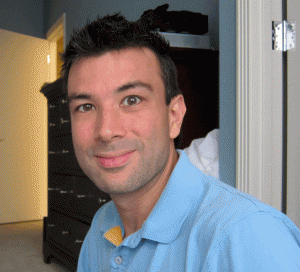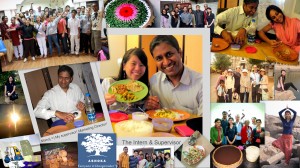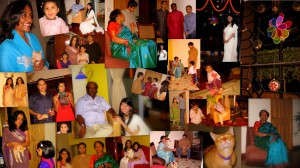by
Kamalini Ramdas
Teaching Assistant
Department of Geography
I have always been interested in Geography but was never sure if my interest would be sufficient to contemplate life as an academic. Since graduating from NUS with an Honours degree in Geography in 1995, I have worked for the Economist Intelligence Unit, and the Asia Research Institute and the Department of Geography at NUS. At each stage, my passion for the subject has played a crucial role. In 2006, ten years after completing my undergraduate degree, I decided to take the final step.
When I first graduated from NUS in 1995, I was sure that I didn’t want to be an academic. My thesis supervisor at the time, Brenda Yeoh, asked if I would consider pursuing my Masters right after graduating. I told her I was not ready, and that I needed to go out there and see if there was something other than Geography I might be interested in. However, after three years of working at the Economist Intelligence Unit, I decided it was time to return to my passion.
Even after making the decision to reconnect with academia, the path to a doctoral degree for me was never a straightforward one. I kept thinking there was more I needed to know before embarking on the journey as a full-fledged PhD candidate. After completing my Masters in 2001, I honed my critical research skills working as a research assistant for two years. In 2003, I joined the Asia Research Institute where I learnt more about other aspects of life in academia – seminars, conferences, grant funding. After my year at ARI, I returned to the Department of Geography at NUS – but this time as a Teaching Assistant. At that point, three years had passed since I had graduated with my Masters.
I signed on as a PhD student with the Department of Geography in August 2006. I still work at the department full-time as a Teaching Assistant. Working and writing a PhD concurrently has not been easy. But the choice to do so made sense for me. After all, I had myself to support and by this time a partner and two dogs to consider. A full-time programme outside Singapore was not feasible, both emotionally as well as financially. Moreover, I had formed firm friendships at the department and I liked working there. Somehow it felt like the right place to take the plunge as a doctoral candidate.
I am excited about the future and am looking forward to life as an academic. I hope to submit my thesis on singlehood and migration for examination by the end of 2011. More recently, I have been working on three research papers for publication. I have also presented my research at the Association of American Geographers conference in Washington DC in April 2010, as well as graduate student conferences in Singapore and Vancouver in Canada.
Pursuing a PhD is no mean feat. It requires a great deal of commitment and an army of supporters, from professors, administrators, the graduate student community and of course your family – whoever you consider the latter to be. My decision to stay in Singapore has been crucial in providing me this support. I am surrounded by people who are as passionate about Geography as I am, and equally committed to seeing me succeed.


